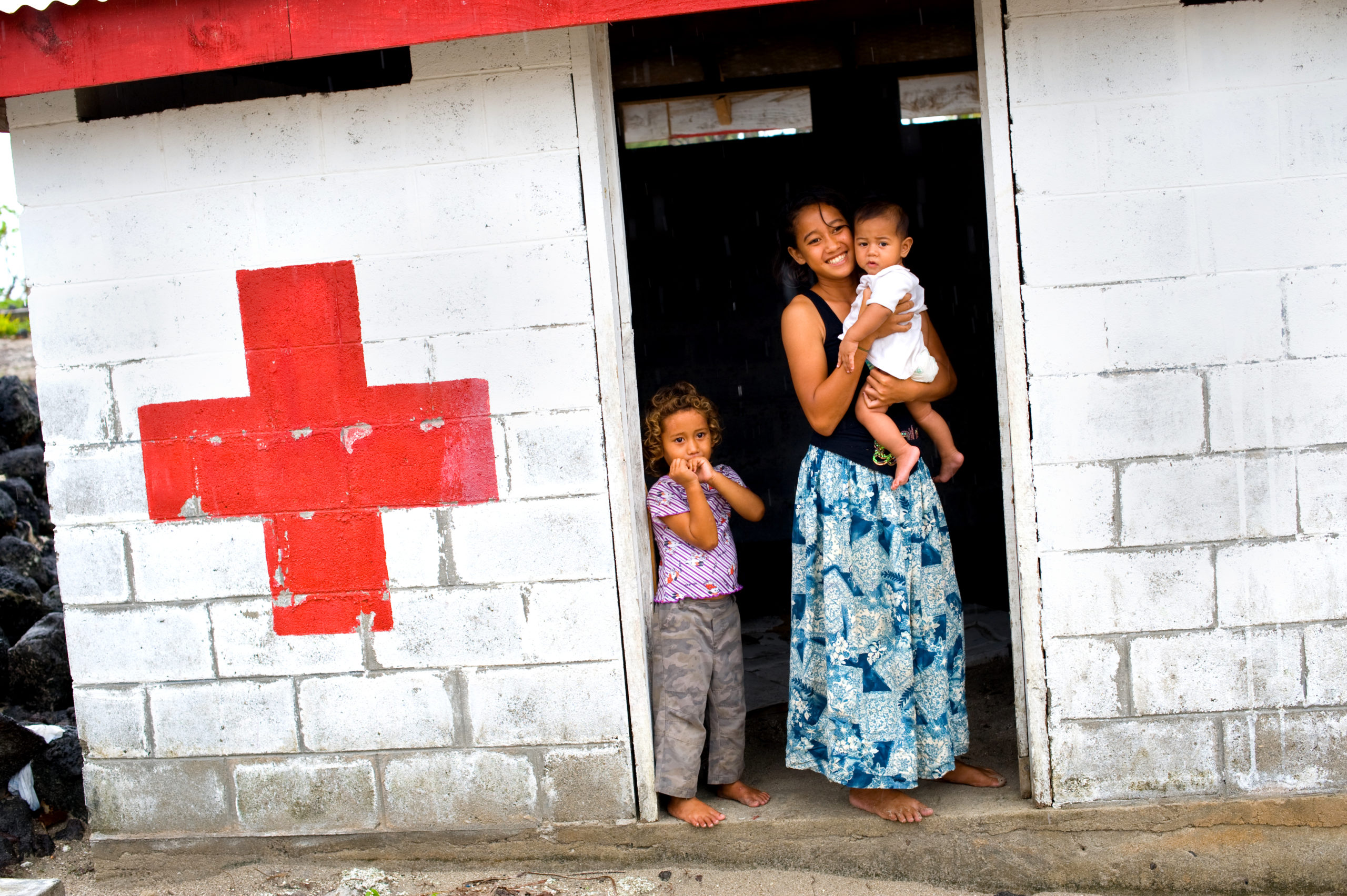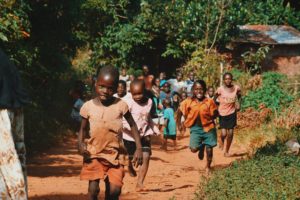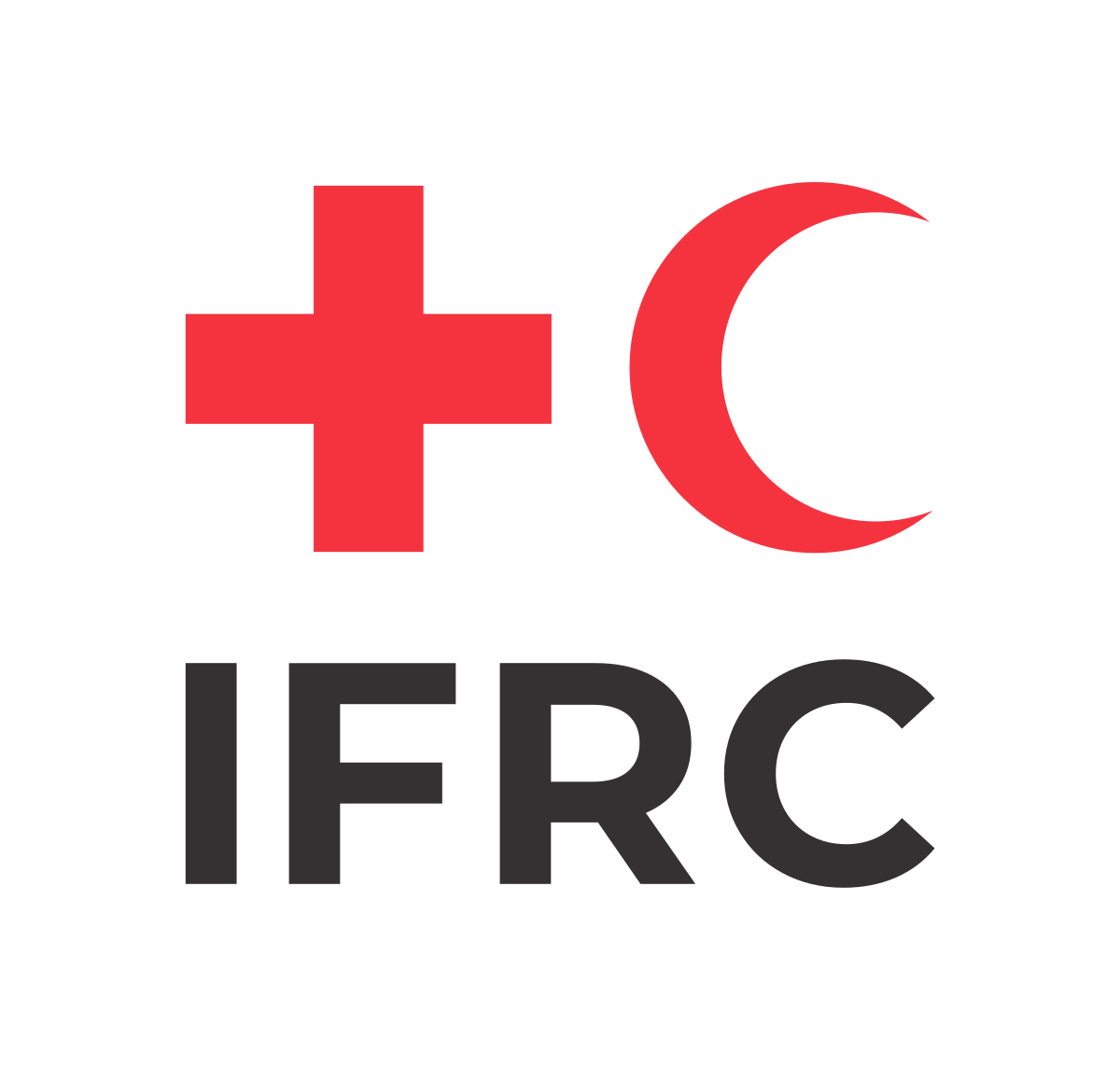About IFRC
The International Federation of Red Cross and Red Crescent Societies (IFRC) is the world’s largest humanitarian network. It supports local action of Red Cross and Red Crescent National Societies in more than 191 countries, bringing together more than 16 million volunteers for the good of humanity.
The organisation acts before, during and after disasters, crises and health emergencies to meet the needs and improve the lives of vulnerable people without discrimination as to nationality, race, religious beliefs, class or political opinions. It aims to “inspire, encourage, facilitate and promote at all times all forms of humanitarian activities by the National Societies, with a view to preventing and alleviating human suffering and thereby contributing to the maintenance and the promotion of peace in the world”.
Our partnership
IFRC Secretariat officially joined the Climate Action Accelerator in February 2025. Our common priority objectives for the partnership include the:
- Development of a climate and environment roadmap incorporating the objective to work towards reducing the IFRC’s carbon footprint by 50% by the 2030s and build operational and community resilience
- Sharing of technical knowledge and experience with cross-sectoral networks and within an open-source community with other actors in the humanitarian aid, health and education/research sectors
- Interaction with and influence of other humanitarian and development organisations towards a resilient and low-carbon transition, particularly National Societies
Photo

Environmental commitment
The Red Cross Red Crescent Movement took a major step in 2021 by leading the inter-agency development of the Climate & Environment Charter for Humanitarian Organisations. Climate change and environmental degradation is having a well-recognised impact on the vulnerable communities our network serves. As well as this, the humanitarian sector itself has an impact on the environment, for example through generation of carbon emissions and waste, use of natural resources etc.
As the world’s biggest humanitarian network, the IFRC would like to lead by example and measure and reduce its own environmental footprint, foster ‘green’ operations and programming, and integrate nature into our work where possible. This complements our focus on helping at risk communities to build their resilience to climate change. This applies not only to the IFRC Secretariat as an international organisation but also so that we can show the way for our network of National Societies around the world.
Additionally, the need for humanitarian organisations to demonstrate that they are taking action to improve environmental sustainability is becoming increasingly essential to their credibility, accountability, and donor compliance. Below are some of the key initiatives IFRC has launched:
Timeline
Resources
-
IFRC Global Climate Resilience Platform
Explore here -
IFRC Climate Centre
Explore here -
IFRC approach to Green Response
Explore here -
Green Response: Environmental Quick Guide
Explore here -
Green Logistics Guide
Explore here -
IFRC Environment Policy
Explore here
Featured
Partners on board

Our support programme to partners

Become a partner


